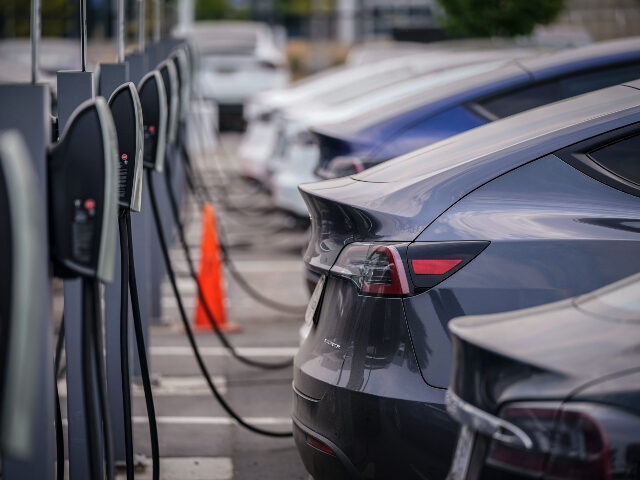A recent study from the University of Michigan highlights a significant challenge in the global transition to electric vehicles (EVs): the current rate of copper production is inadequate to meet the soaring demand. As copper is essential for EV manufacturing, with electric cars requiring three to five times more copper than traditional vehicles, the study reveals that mining efforts must drastically increase. Researchers project that to meet future copper needs, the world will have to mine 115% more copper than has been extracted throughout history by 2018, necessitating the establishment of six new large copper mines annually.
Editor’s Note: The surge in electric vehicle (EV) adoption, while heralded as a significant step toward environmental sustainability, paradoxically underscores a counterflow to rising environmentalism by intensifying the demand for resource extraction. The transition to EVs necessitates substantial quantities of copper and other minerals, often involving environmentally damaging mining practices that threaten ecosystems and local communities.
This scenario mirrors the challenges faced in other green initiatives, where the pursuit of cleaner technologies inadvertently leads to ecological degradation. As the push for electrification accelerates, it raises critical questions about the true cost of environmental progress and whether the current trajectory is genuinely sustainable or merely a shift in the type of environmental harm inflicted. The need for a more nuanced approach that balances technological advancement with ecological integrity becomes increasingly urgent as society grapples with the complexities of transitioning to a greener future. [Also read Climate Alarmism: A Path to Extreme Policies and Societal Division?, From Alarmist to Skeptic: How Climate Change Narratives Are Shaping Global Policy, Study Shows 29% of Global Electric Vehicle Owners Will Switch Back to Internal Combustion Engines].
Read Original Article
Read Online
Click the button below if you wish to read the article on the website where it was originally published.
Read Offline
Click the button below if you wish to read the article offline.
